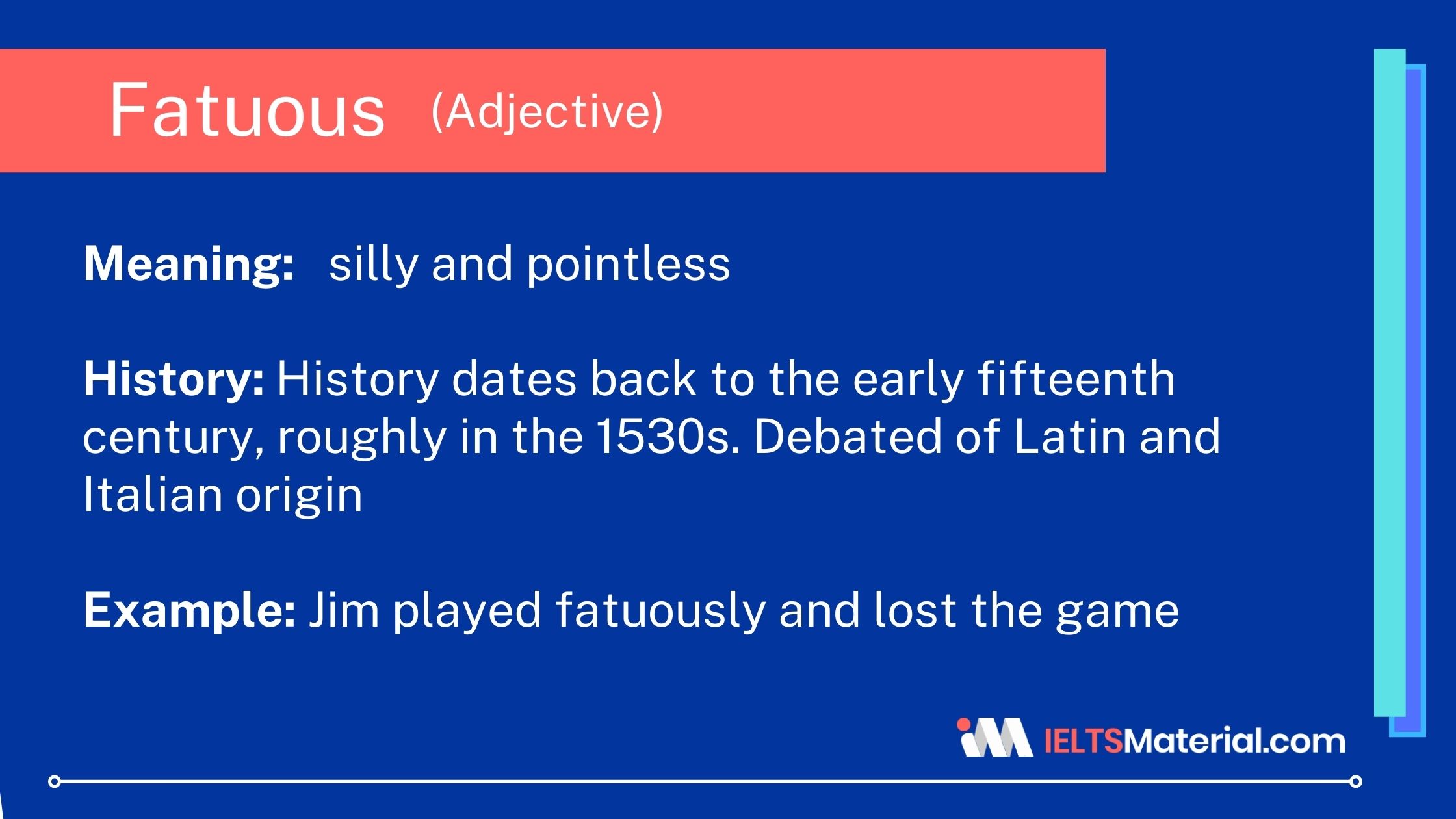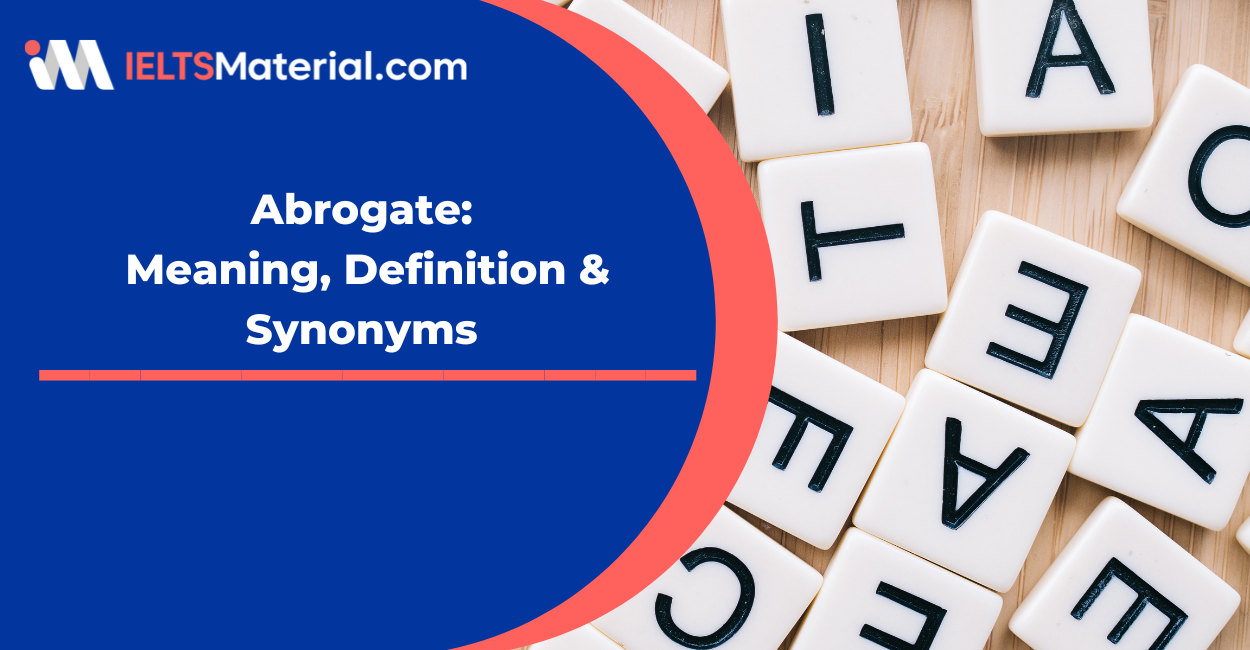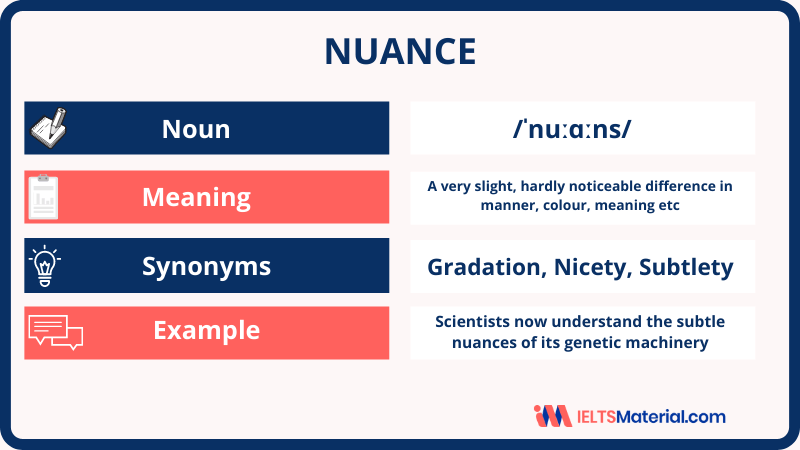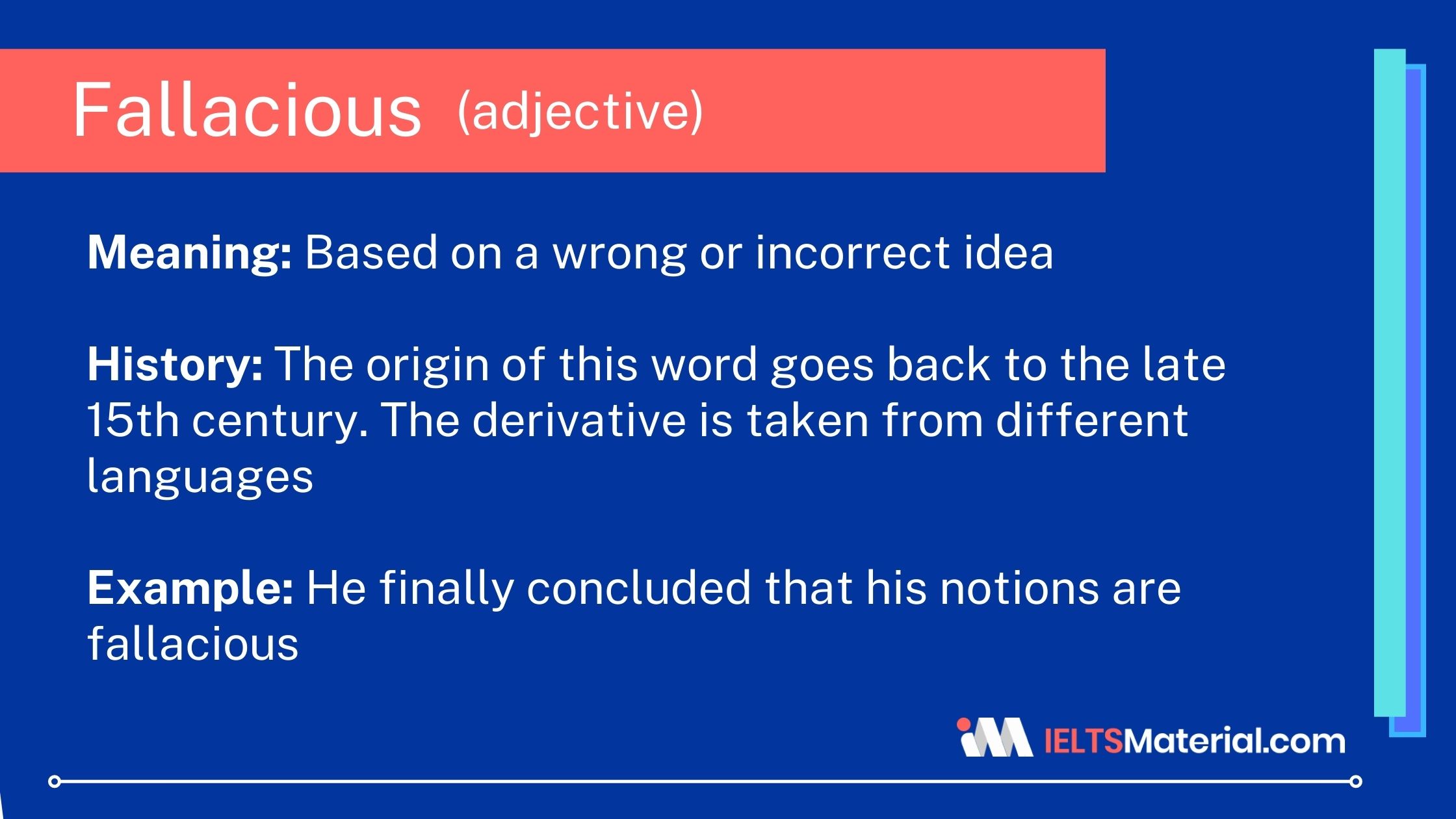Word of the Day Fallacious – Meaning, Usage & IELTS Examples
4 min read
Updated On
-
Copy link
Find out the definition and origin of the word “fallacious” with real IELTS context. Learn the usage of how to use the word naturally in IELTS Writing Task 2 and all parts of IELTS Speaking. You can also get to practice exercises and check your answers!
Table of Contents

Limited-Time Offer : Access a FREE 10-Day IELTS Study Plan!
While preparing for the IELTS exam, using the perfect words can make a big difference in your final band score. One such word is “fallacious,” which means something that is false or is based on bad reasoning. This particular word is mainly useful whenever you want to disagree with an opinion or when you point out a common mistake in thinking.
In this article, you will learn the meaning, history, and practical ways to use “fallacious” in both the IELTS Writing and Speaking modules along with example sentences and practice questions to help you use it naturally!
Meaning of the Word “Fallacious”
[adjective]: Based on a wrong or incorrect idea.
History of the Word “Fallacious”
The origin of this word goes back to the late 15th century. The derivative is taken from different languages. To begin with, the journey started from a Latin verb ‘Fallere’, meaning to deceive. Later, it passed through a tangle of French and Latin forms to eventually get coined as it is used today. The Latin word ‘Fallacia’ was converted into another Latin word ‘Fallaciosus.’
Later on, the latter word was used to coin ‘Fallacieux’, which is an Old French word. Out of all this comes ‘Fallacy’ an English word that is further used to term ‘Fallacious.’ Some of the other progenies of the word ‘Fallere’ in English are fault, false, and fail.
Using the Word “Fallacious” in Sentences
1. Don’t get into a fallacious argument, you’ll achieve nothing.
2. He finally concluded that his notions are fallacious.
3. Your logic is fallacious and makes you look like a fool.
4. Our education system is 20% necessity, 80% fallacious.
5. In every situation, my calculation is turning fallacious.
6. Accumulating riches could prove out to be a fallacious achievement as often wealth perishes some or the other way.
7. The method of explanation that most of the teachers use is fallacious.
8. Regarding every historical source as a documentary is fallacious.
9. The idea that nuclear power may solve the issues related to energy is completely fallacious.
10. Living with a notion that exercising daily will save you from contracting Covid-19 is fallacious and holds no truth.
Book a FREE demo to get in touch with our experts to boost your IELTS vocabulary now!
Using the Word “Fallacious” in IELTS Writing Task 2
In the IELTS Writing Task 2, you can use the word "fallacious" whenever you are stating if an idea is not true or is a wrong one. It is a good word to use when you disagree with the opinion of the given question.
For instance, if the task 2 essay mentions that “An university degree is the only way to be successful,” you can explain, “This is a fallacious idea that only university education makes one successful and most people do well in life through their skills, or even business.”
This will show the examiner that you can organize your idea clearly and explain your opinion with strong vocabulary.
Using the Word “Fallacious” in IELTS Speaking
In the IELTS Speaking section, mainly in the Speaking Part 3 the questions are usually about opinions and ideas, where you can use the word "fallacious" to show the examiner that you think something is a common but a wrong belief.
For example, if the examiner questions you about money and happiness, you could possibly say, “It is fallacious to believe that money always brings happiness. In general, many rich people are still unhappy.”
This will make your answer stand out of the crowd and help you improve your lexical resource score. But, make sure to use it naturally and do not forcibly stuff it in a sentence.
- In IELTS Speaking Part 1 (Introduction): When answering questions about misleading information.
- In IELTS Speaking Part 2 (Cue Card): When describing experiences where you talk about something you thought was true but was an incorrect one.
- In IELTS Speaking Part 3 (Follow-Up): To answer related to misleading or incorrect experiences
Practice Exercise
Try answering the questions using the word “fallacious.” Speak out loud or write them down.
Question 1: Do you believe money is the most important thing for a person in their life?
Question 2: Is social media really harmful to young people?
Question 3: Should everyone go to the university mandatorily?
Answer Key
Question 1: Do you believe money is the most important thing for a person in their life?
I think it is fallacious to believe that money is everything. While it is helpful, things like happiness and health does matter more.
Question 2: Is social media really harmful to young people?
A fallacious ideology people have is that all of social media is bad. It actually depends on how it is used, since it can be both useful and harmful.
Question 3: Should everyone go to the university mandatorily?
Actually, that is a fallacious belief among many. Because, most people succeed without even a university degree, especially in skill-based jobs.
Also Check:
Explore IELTS Resources

Start Preparing for IELTS: Get Your 10-Day Study Plan Today!
Recent Articles

Kasturika Samanta

Kasturika Samanta

Kasturika Samanta





Post your Comments